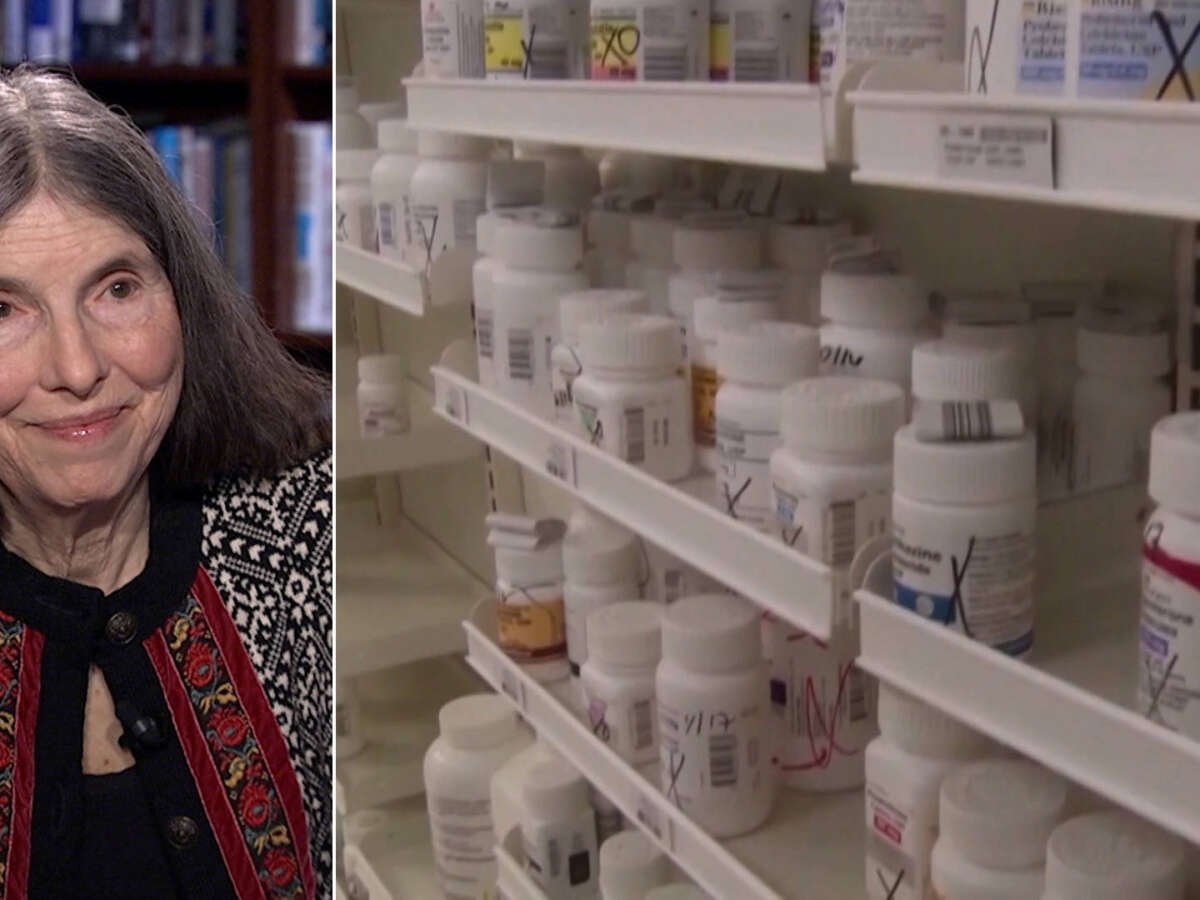The ongoing negotiations in the U.S. federal government have placed healthcare costs at the forefront, as Democrats push for an extension of subsidies related to the Affordable Care Act (ACA). These subsidies, which are set to expire on Saturday, September 30, 2023, are critical for millions of Americans who rely on them for affordable health coverage. Failing to extend these subsidies could result in health insurance premiums more than doubling for many families across the country.
The enhanced ACA subsidies were implemented as part of pandemic relief measures, significantly lowering costs for those purchasing health insurance through the federal and state marketplaces. If Congress does not reach an agreement, the expiration of these subsidies could have severe financial implications for individuals and families who may find themselves unable to afford necessary healthcare services.
Democratic leaders have emphasized the urgency of this issue, arguing that extending these subsidies is essential to maintain access to healthcare for vulnerable populations. A report from the Centers for Medicare & Medicaid Services indicates that nearly 13 million Americans could face drastic increases in their insurance premiums if the subsidies are not renewed. This situation has sparked a heated debate in Congress, with Democrats urging Republicans to collaborate on a solution.
Republican lawmakers have expressed differing views on the ACA and its subsidies, with some advocating for reforms to the healthcare system rather than extensions of existing programs. As the deadline approaches, discussions are intensifying, with both parties aware that the implications of their decisions will resonate beyond the political arena.
Healthcare advocates have voiced concern regarding the potential fallout from the loss of these subsidies. They warn that many low- and middle-income families may be forced to forgo health insurance altogether, which could lead to increased medical debt and a rise in uninsured individuals. The impact on public health could be profound, particularly in communities already facing significant healthcare disparities.
As negotiations continue, the stakes remain high. The outcome will not only determine the future of healthcare affordability but also reflect the broader political dynamics in the U.S. federal government. With millions of lives potentially affected, the urgency for a resolution cannot be overstated. Lawmakers are under pressure to act decisively before the imminent deadline, as the implications of inaction could reverberate through the healthcare system for years to come.
In summary, the fight over ACA subsidies is a critical issue that underscores the intricate relationship between politics and healthcare in the United States. As the deadline looms, the focus remains on finding a bipartisan solution that ensures access to affordable healthcare for all Americans.







